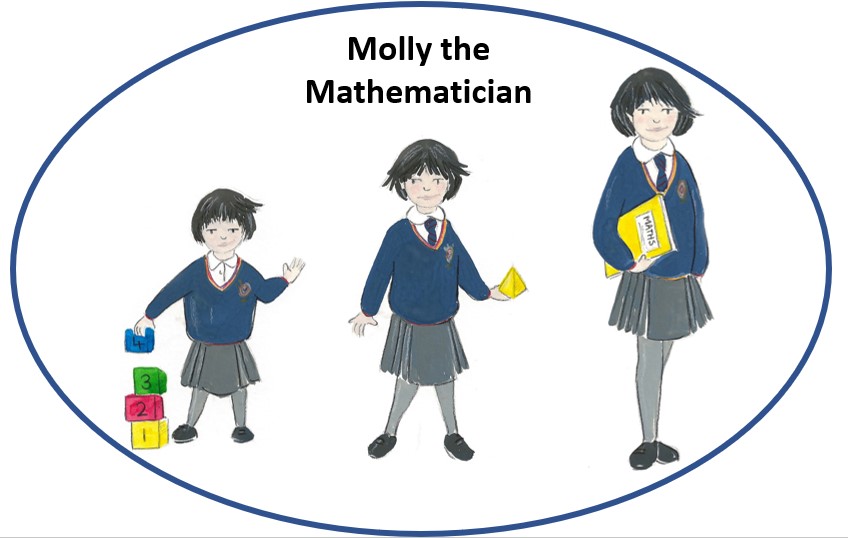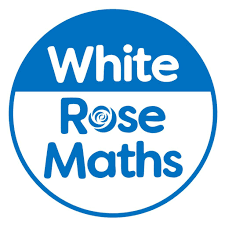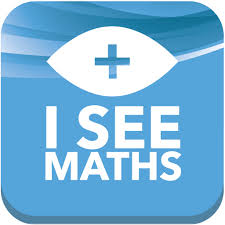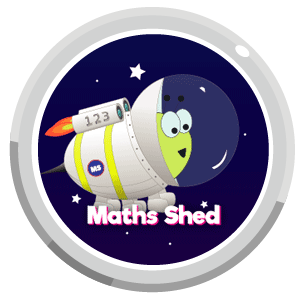
Intent: This is what we want for your child.
At Barley Fields Primary we recognise that Mathematics is a universal language which helps us to understand the world around us. We aim to help our children understand that Mathematics has implications for important areas of employment such as; physics, architecture, medicine and business. It is also critical to technology and engineering, and necessary for financial literacy and most forms of employment.
We are committed to ensuring that our children become the problem solvers of the future. To do this, they need a solid grounding in Mathematical fluency and regular opportunities to apply these skills creatively to reasoning and problem solving. We want all children to enjoy Mathematics and to experience success in the subject whilst also developing their resilience, in line with our culture of growth mind-set.
We provide a high-quality mathematics curriculum so that all children:
- have fluency in their declarative knowledge;
- attain procedural fluency in a rigorous and progressive way across year groups and key stages;
- engage in regular opportunities to demonstrate conditional knowledge through problem solving activities which allow children to work systematically and logically, choosing the most appropriate method.
We aim for our Mathematics curriculum to be current and research informed. As such, it is regularly adapted to meet the needs of all learners and reviewed in response to best practice. We have worked with the EEF and the National College on adaptive teaching in the classroom which underpins all our teaching practice and pedagogy.
Our curriculum characters have been designed to represent the curriculum end points as children progress through school. Our children are regularly exposed to the core skills and knowledge needed to develop as a mathematician with the use of the school curriculum character – Molly the Mathematician. This character is regularly used to encourage children to reflect on the key skills and concept areas of Mathematics.

Implementation: This is what it will look like in the classroom.
Our Mathematics curriculum has been designed to ensure children know more, remember more and can do more as they progress through our school. Our children follow a carefully structured, sequential and small step mathematics curriculum based on, but not exclusive to, that produced by White Rose (we also use ‘I see Maths’ pedagogy). We continually adapt this curriculum based on the needs of our learners. If we are to create the problem solvers of the future, first we must ensure that pupils become proficient in core knowledge and that learned facts and procedures become encoded into long term memory. As a school we have determined that our definition of learning is change to the long-term memory and the way we implement our curriculum map involves repetitive teaching of the key concepts in Mathematics.
To do this, our curriculum;
- breaks down knowledge into smaller components to avoid cognitive overload;
- has built in practise, retrieval and reinforcement of key concepts;
- is progressive so that all teachers know their responsibilities within the overarching development of mathematicians;
- is a promise from one teacher to the next on curriculum coverage;
- is built on research based adaptive teaching methodology;
- has formative assessment at its heart – at Barley Fields, assessment is planning.
Children engage in Mathematics daily and the structure of the curriculum promotes regular opportunities to embed declarative knowledge (facts/concepts) and develop procedural fluency (application of methods). We recognise that problem solving is not a generic skill that can be learned out of context. We believe that problem solving is an environment to be nurtured and as such, we provide regular opportunities for children to develop their conditional knowledge through the use of rich mathematical problems.



Impact: This is what it means for our children.
The impact of our mathematics curriculum is that children understand the significance and relevance of what they are learning in relation to wider world concepts. Children know that Mathematics is a vital life skill that they will rely on in many areas of their daily life both now and in the future. Children will have a positive view of Mathematics due to learning experiences in a classroom where growth mind-set is at the heart of learning.
Our mathematics curriculum and our teaching and learning pedagogy leads to children who:
- Are resilient mathematicians who don’t give up when they fail;
- Are active problem solvers who have the conditional knowledge to solve a range of mathematical problems;
- Are creative thinkers who work strategically and logically;
- Enjoy and are excited about mathematical challenges because they have firm foundations to build on;
- Understand the transferability of mathematics and the doors that mathematics can open for them in real life;
- Are proficient in Mathematics and achieve well
We are proud of our children’s development of skills in Mathematics which in turn lead to excellent attainment outcomes. We continually observe and formatively assess children against age-related mathematics objectives and use this information to plan the next steps in their mathematical learning and to challenge and consolidate their skills. By the end of each key stage, pupils are expected to know, apply and understand the skills and techniques specified in the relevant curriculum plans.
